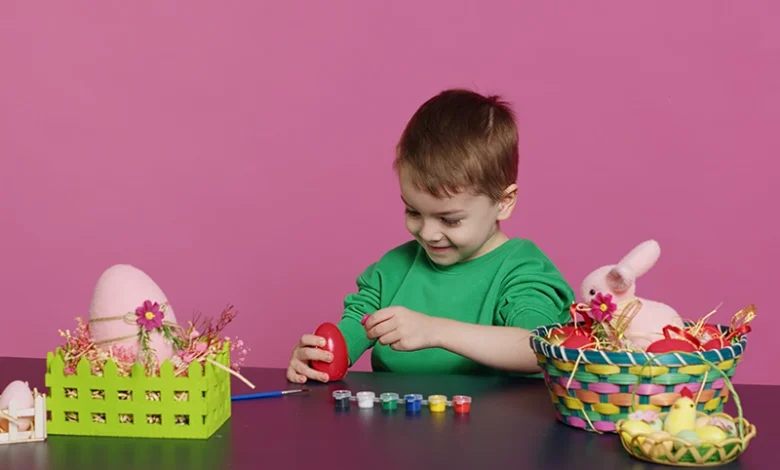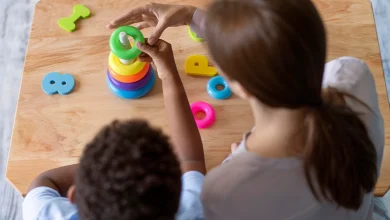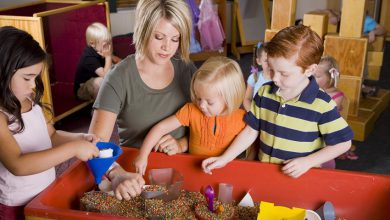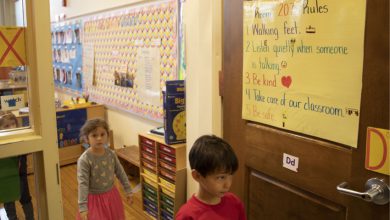5 Reasons Why Play is Important for Children’s Emotional Growth

Introduction
Play is often seen as just a source of entertainment for children, but its significance goes far beyond fun. Play is an essential part of a child’s emotional growth, helping them develop critical skills like emotional intelligence, resilience, and self-expression.
By fostering creativity, encouraging empathy, and building confidence, play becomes the foundation of a child’s emotional well-being. In this blog, we’ll uncover five key reasons why play is crucial for children’s emotional development and how parents can nurture this growth.
1. Play Helps Children Understand and Express Emotions
Play provides children with a safe space to explore and express their feelings. Whether it’s joy, frustration, fear, or excitement, children often express emotions during creative and pretend play.
- Why It’s Important: Children who engage in play are better equipped to understand their emotions and communicate them effectively.
- Example: A child acting out a story with puppets might channel feelings of anger or sadness into their characters, learning how to navigate these emotions.
- Practical Tip: Provide open-ended toys like dolls, puppets, or drawing tools to help your child express themselves creatively.
2. Play Builds Emotional Resilience
Resilience is a vital life skill that allows children to bounce back from challenges. During play, children encounter scenarios where they must overcome obstacles, solve problems, or deal with failure.
- Why It’s Important: Games that involve challenges teach children how to handle setbacks, which builds emotional strength and perseverance.
- Example: A child building a tower with blocks learns patience and determination when it collapses and needs to be rebuilt.
- Practical Tip: Encourage activities that involve problem-solving, such as puzzles, building blocks, or group games that involve strategy.
3. Play Fosters Empathy and Social Skills
Collaborative play is a natural way for children to interact with peers, helping them develop empathy and social understanding. Through shared activities, they learn how to communicate, cooperate, and recognize the feelings of others.
- Why It’s Important: By playing with others, children practice empathy, turn-taking, and teamwork, which are essential for emotional and social intelligence.
- Example: A game of “pretend shopkeeper” teaches a child how to interact with others, understand different roles, and respect shared rules.
- Practical Tip: Organize group activities like playdates or team sports where children can learn to work together and build friendships.
4. Play Boosts Confidence and Self-Esteem
Children gain a sense of achievement and independence through play. Each time they master a skill, solve a problem, or create something unique, their self-confidence grows.
- Why It’s Important: Confidence gained during play translates into other areas of life, helping children approach challenges with a positive mindset.
- Example: A child completing a puzzle for the first time feels a sense of accomplishment that boosts their self-esteem.
- Practical Tip: Allow children to explore different types of play independently, giving them the freedom to make choices and set their own goals.
5. Play Encourages Emotional Regulation
Learning to manage emotions like anger, frustration, or excitement is a critical part of emotional development. Play often involves scenarios where children must wait their turn, follow rules, or navigate disappointment.
- Why It’s Important: These moments teach children how to regulate their emotions in a safe and controlled environment.
- Example: Playing a board game teaches patience and emotional control as children learn to handle winning or losing gracefully.
- Practical Tip: Introduce games that involve turn-taking or strategy, helping your child practice self-control and emotional regulation.
How to Support Your Child’s Emotional Growth Through Play
1. Provide a Variety of Play Options
Offer a mix of activities, such as imaginative play, physical play, and creative play, to address different aspects of emotional development.
2. Create a Safe Play Environment
Designate a space where your child feels comfortable exploring and expressing themselves freely.
3. Balance Structured and Unstructured Play
While structured activities like sports are great, leave room for unstructured, open-ended play where creativity can flourish.
4. Engage in Play with Your Child
Playing with your child not only strengthens your bond but also gives you insights into their emotional world.





